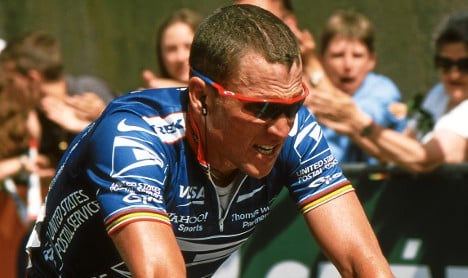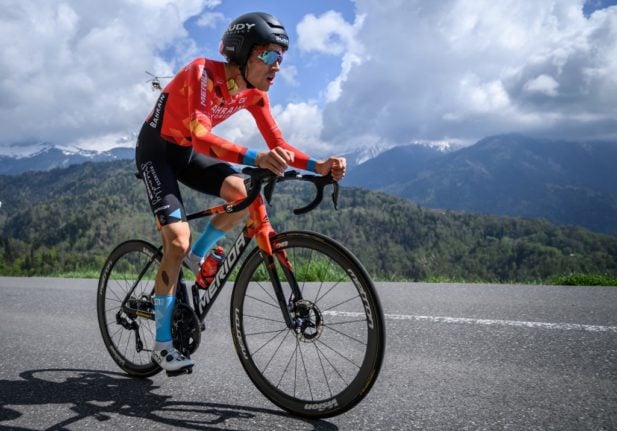That test taken 11 years ago forms part of the United States Anti-Doping Agency's (USADA) damning dossier which has condemned the seven-time Tour de France winner as being at the the heart of sport's biggest ever doping conspiracy.
Floyd Landis and Tyler Hamilton, two of Armstrong's teammates testified that the Texan rider had admitted to testing positive at the race in Switzerland but boasted of the result being covered-up.
"There was no positive test on the Tour of Switzerland in 2001," said Martial Saugy, the director of the Lausanne laboratory which conducted the tests.
However, the laboratory did flag up that three tests, one of which later was revealed to be Armstrong's, had been judged to be "suspect", just on the borderline of a positive result in that era.
Saugy is adamant that if the USADA believe this to represent a postive test, then it would be an opinion which would be hard to back up legally.
"There's no way today that this could be defended as a positive result, it's impossible," added Saugy.
"Since 2003, procedures oblige to take into account the risks of a false-positive which could verify that urine had not been affected by the physiology of the cyclist or degraded by bacteria.
"This was not done at the time and the urine no longer exists because the rules did not require keeping it."
Furthermore, the decision by the Court of Arbitration for Sport (CAS) to overturn an EPO test on Danish rider Bo Hamburger on appeal — on the grounds that the probability of a positive test was not sufficient — means that laboratories and federations have become more cautious in their procedures.
"Armstrong had another suspect result during the 2002 Dauphine Libere. The politics of the UCI at that time, if there was such a result involving an important competitor, was to meet them and ask for an explanation," claimed Saugy.
"That was their approach to prevention."
"The UCI said to me at the end of June 2002: 'we warned the rider for whom you had a suspect result in 2001, he gave another suspect return at another lab and he would like to know by which method it was tested'.
"The rider was Armstrong. It was then that I learned about it."



 Please whitelist us to continue reading.
Please whitelist us to continue reading.
Member comments